Tum aa gaye ho, noire aa gaya hai. I thought of Gulzar’s song after being riveted to the screen for nearly three hours of this week’s slow-burn thriller. My first reaction after seeing Pushkar-Gayathri’s own remake of their Tamil 2017 blockbuster Vikram Vedha was, thank Lumiere, it is not a scene-by-scene, frame by frame, slavishly faithful remake of the original. Instead, the actors, not just Saif Ali Khan and Hrithik Roshan (that’s how they are prioritized in the credits) but also the superb supporting cast: Rohit Saraf as Hrithik’s darling sibling, Radhika Apte as Saif Ali Khan’s somewhat silly lawyer-wife, Sharib Hashmi as the treacherous Babloo, Satyadeep Mishra as Saif’s partner-in-crime-busting ….they all bring their own collective energy to the remake.
I wouldn’t even call the Hindi version of Vikram Vedha a remake. It is a re-imaging of the plot, just like Sanjay Leela Bhansali’s _Devdas_, which was far removed from Bimal Roy’s Devdas. Of course, the two Vikram Vedhas are not that far removed from one another. But they are as distanced from one another as Chennai is from Lucknow. While the Tamil original captured the aroma and flavor of sambhar-idli, this one is all culinarily stimulated with the meat-cute flavours of Lucknow.
In fact, there is a wonderfully conceived culinary sequence, where cop Vikram and crime-lord Vedha bond over mutton curry. Such lipsmacking moments of inspired storytelling irradiate almost every corner of this stylish film-noir where there are so many wheels-within-wheels that the moral lines blur beyond recognition, and we are left looking at characters who are neither on the right or wrong side of the law.
What Vikram Vedha says about violent vocations is revealing. If you are an encounter specialist cop, who has gunned eighteen criminals in fake and real encounters, you are no different from the criminal who murders because he is paid to do so.
Games
View AllProvidentially, Vikram Vedha doesn’t waste time on moralizing. It has too much on its plate to squander time in polemic discussions. What we see is what we get. The visual velocity of Vikram Vedha, achieved in no small measure by P S Vinod’s mesmerizing cinematography, is vast and seductive. One after another, the action sequences are shot in choreographic splendour, giving to each blow a lilt of passion.
There is something vaguely spiritual about the violence in Vikram Vedha, as if brutality and bloodshed were a painful route to a nirvanic summit, staged with the eruptive force of multiple orgasms. We cannot come away from this exceptional action pieces unaffected by the blitzkrieg of brutality. It’s as though the blows of fate are manifested in a physical form. Both Hrithik and Saif are very physical actors. They use their fists and body language to make their point as much more than the dialogues .
I found the spoken words to be relatively weak in their impact. These are not eloquent men. Their actions speak louder than their words. As for who is better, Saif or Hrithik, this is a very Indian attitude of one-upmanship. Who ‘ate’ whom in Shakti? Dilip Kumar or Amitabh Bachchan? In the Tamil version of Vikram Vedha, did Vijay Sethupathi finish off Madhavan? Back off! This is not a kabaddi competition. And flamboyance should never be mistaken for supremacy in a performance. We as an audience are yet to understand that actors play characters, and characters do not play against one another. They play from the same side of the field.
Director Jordan Peele has earned a lively reputation for dark horror. In all his three films so far, the protagonist is Black and the mood is savagely dark. In Peele’s directorial debut Get Out, Daniel Kaluuya played a young student in an inter-racial romance trapped in a chilling web of racism. I found the film excessively paranoid and ghoulish. Peele’s second directorial Us with its overripe fiendish flavour didn’t work for me in spite of the very lovely Lipita Nyong-o. His first much-feted fear-jerker, Get Out, had left me cold. While most learned critics across the world found it inventive and witty, it struck as being singularly stupid, and racist in an inverted kind of way. In US, he was on another trip as his wholesome African-American family is attacked by ghouls who are spitting images of each member of our wholesome family. So the ghoul attacking the wife looks exactly like the wife, the one attacking the husband looks like his mirror-image. Ditto the children. All this could make for an entertaining humour-horror hijinks like, say, our own _Stree_.
But Peele is on to a far bigger game-plan. He brings in issues regarding governmental intervention in citizens’ lives and the violation of privacy. Long after we are sick of our Wholesome Family caught in miserably compromised situations during a vacation that could put you off seaside resorts for all times to come, the wisdom of the all-knowing filmmaker kicks in.
Much of Peele’s first film was about a Black man running from his White attackers. Here again the premise of the horror-raising event is the same except for the fact that the race is no consideration. Black or white, no one is spared as a community of ghoulish attackers go on a rampage.
With his third ominously titled _Nope_, Peele hits rock-bottom in the race to frightening cogency, The plot is a mind numbing muddle of science fiction and occultist horror with the narration jumping genres like a little girl playing hopscotch on an imaginary court. Very often, the plot is caught fudging a fright flight that never takes off. This is a film that hides behind corny crypticism , giving nothing away, probably because it has nothing to give. I tried hard to follow the meteorological mumbo jumbo about cloudbursts of alien spaceships showering some kind of a poisonous rain on the populace.
But the fear element deserts the trail of aborted terror in no time at all, as we see in the preamble, a chimpanzee turns murderous during a birthday party on live television. The birthday boy who escapes the Chimp’s riotous wrath grows up a traumatized man. But this is not Jupe (Steven Yeun)’s story. This is the story of siblings OJ (Daniel Kaluuya) and Em (Keke Palmer) who own a ranch that lends out its horses to Hollywood crews.
An incident or two later, the horses begin to behave strangely, Although not half as strangely as the human beings in the film who seem to be infected by an unknown disease that denudes them of the power of communication. OJ and Em don’t seem to say anything to each other beyond the dismissive f…you and WTF.
There is something about the human relationships in Nope that is abysmally unexplored dry and inconclusive. This could be the principal actor’s fault. While Daniel Kaluuya wears the same disdainful expression for the entire length of the film, Keke Palmer overacts to compensate for her co-star’s imperturbable presence. A third character Angel (Brandon Pearea) from a hardware store joins the siblings midway. All three seem atrophied even before the alien attack.
Who brought these dreadfully dull people together? And why? And who cares if a flying saucer is chasing them all across a stretch of desert that looks like it has seen better days? So have we.
Nope left me demonically depressed. It is a defiantly digressive work, moving into tangents that do not even pretend to cohere. By the time the interesting Michael Wincott shows up as a filmmaker to film the cloud monster (known, for reasons unknown as Jean Jacket) on a hand-cranked camera, I was holding my breath, not out of dread anticipation and suspense, but for the ordeal to end.
Nope is a shabby-looking, heartless, sullen piece of cinema. Dark and brooding, it has no takeaway except an obstinate impulse to use the cinema screen for self-indulgent disembodied images. After his three films, I can safely say Jordan Peele is one of the most overrated auteurs of American cinema.
The theme of bizarre occurrences in a small town in Jordan Peele’s Nope gets a far more coherent and convincing rendition in a recent Malayalam film. G. Prajith’s 2019 dark satire
_Sathyam Paranja Viswasikkuvo_ is so scattered in its storytelling initially, that it seems it will never find its way back to its epicenter. But here is the thing. Director Prajith constructs the plot in the same vein as the life of his protagonist. The very skilled Biju Menon plays a man on the skids. Suni is a construction worker Suni with a drinking problem. Not like Jayasuriya in Vellam. This is more in the nature of an incurable social drinking. Although named Suni, he just won’t listen to his sensible, caring wife (Samvurtha Sunil), who warns her husband that his buddy boozing will destroy him.
And it does! Almost. The triggering point in the plot is a truck filled with cartons of international liquor which upturns and falls into a ravine in the backwater town of Kerala. What follows is not only illustrative of what booze can do to your soul and system, it is also a savagely dark satire on breaking the law for a few sips of pleasure.
The problem with Sajeev Pazhoor’s screenplay is its short-tempered vision. The script seems to have little patience with Suni’s social behaviour. His dips into sobriety are followed by sips of inebriation, though not in a relay-race fashion. I noticed as I watched the genial film, that it keeps its mood simple, while Suni insists on complicating matters for himself, and by proxy his wife and daughter.
The film pries open the world of the construction workers, their solid solidarity. Poverty and casteism which are dominant themes in Malayalam cinema hold no sway here. Self-indulgence does. Interestingly, Suni is never shown to behave in a disorderly way. Booze is a destructive force, though not in any demonstrative way, and the film keeps the preachy tone out. This is a blessing, since we see the protagonist slipping off the moral radar without the accompanying noise.
Biju Menon plays Suni as the average Joe. He, and the screenplay avoid creating scenes. There is one very ugly public spat where Suni is not drunk. There is also am urder mystery lurking in the shadows, a murder that actually never happened.
The shifts in mood are remarkably fluent and seamless.
Sathyam Paranja Viswasikkuvo opens with a bunch of MLAs driving and gabbing to a resort ….Before we figure out their place in the plot, the storytelling moves to the father of a young girl who makes the construction workers line up in shame for singing a popular Malayalam song to his mortified (more by her father than the eve-teasing) daughter. Before we know what this hilarious sequence signifies in the larger picture, we are on to Sinu’s sneaky ways with alcohol.
Nope also throws disjointed scenes and images in our faces. In the universe of Sathyam Paranja Viswasikkuvo , the unrelated are joined at the hip.
_Aarkkariyam_ ,directed by Sanu Varghese comes to us accompanied by glowing reviews, disappointed me. It’s a Covid film, written in and around the pandemic. Which is not to say it gets it wrong. The situation and the crisis are effectively and unobtrusively knitted into the plot.
So what’s the problem? The problem is, the execution doesn’t go far enough. The director fails to probe deep enough into the central mystery. Instead, Sanu Varghese tells us it’s okay to sin and not confess. That in fact, sometimes, silence about a crime is beneficial to all. All this comes much later, after we are made comfortable with the three central characters. There is the politically enlightened Parvathy Thiruvothu playing a non-agenda housewife. What a relief to see her play a character with no radical/reformative agenda. I have found Parvathy’s torchbearing characters hard to digest. For the first time in a long time, she is what her character is. The actress doesn’t embellish Shirley with her own politics. As far as I am concerned, the film gets my approval for steering Parvathy clean of her socio-political ideologies. She plays a quietly supportive wife to her financially challenged husband Roy (Sharauddin). The couple drives down to Parvathy’s father Ittyavira (Biju Menon)’s ancestral estate with its crumbling house which Ittyavira agrees to sell to bail his son-in-law out of a financial crisis.
There is one catch, though. Suffice it to say the father-in-law has Roy by his jowls. The plot which gains momentum as it progresses grows into a father-in-law/son-in-law story where son-in-law Roy has no choice but to keep a terrible secret that his father-in-law shares with him.
Much of the film’s dramatic tension emerges from the way the two actors Menon and Sharafuddin look at each other, or look away from each other, the way people do when sharing an uncomfortable secret. The camera captures those furtive glances with a concentrated energy. The story is told without excessive drama. The background score is aptly minimalist while the three main performances are subdued and subliminal. Some of the supporting characters are also interesting. There is a Hindi-speaking couple and they are allowed to speak to the Malayali speaking protagonists in Hindi . Roy even hums a couple of Hindi film songs. A refreshing change from the rigid mono-lingualism of Malayalam cinema where non-Malayalis speak their own languages only if they migrant labourers.
Subhash K Jha is a Patna-based film critic who has been writing about Bollywood for long enough to know the industry inside out. He tweets at @SubhashK_Jha.
Read all the Latest News, Trending News, Cricket News, Bollywood News, India News and Entertainment News here. Follow us on Facebook, Twitter and Instagram.


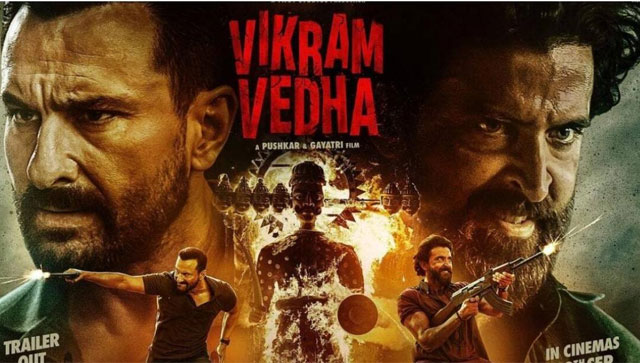)
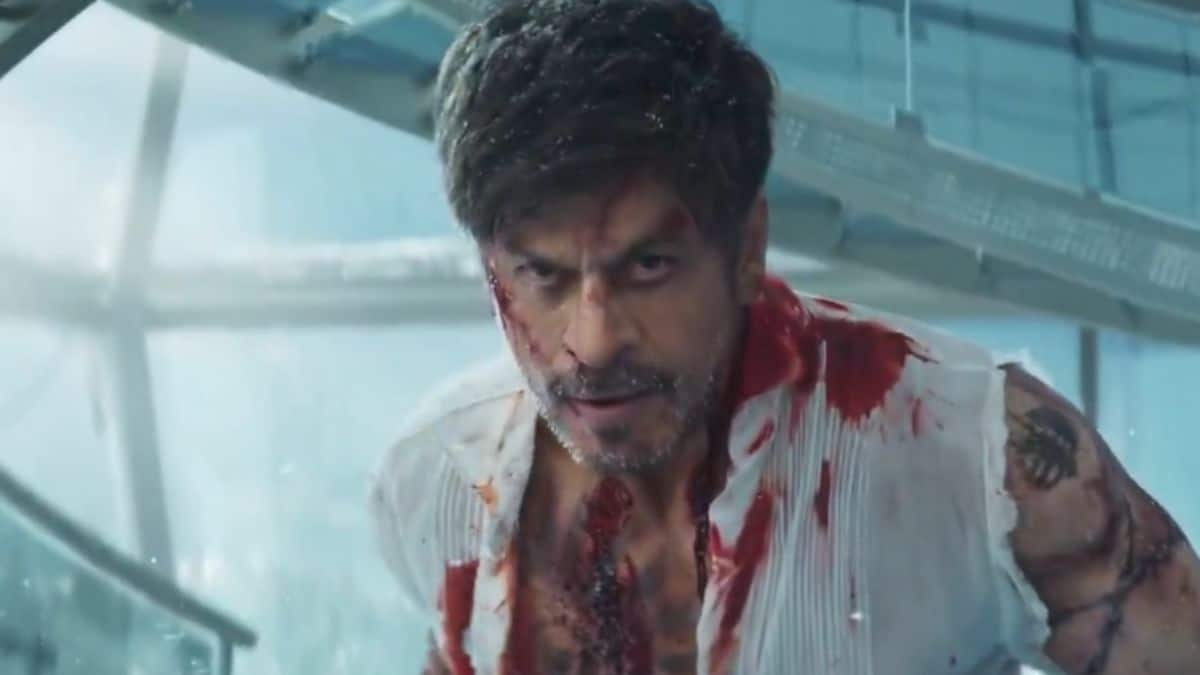
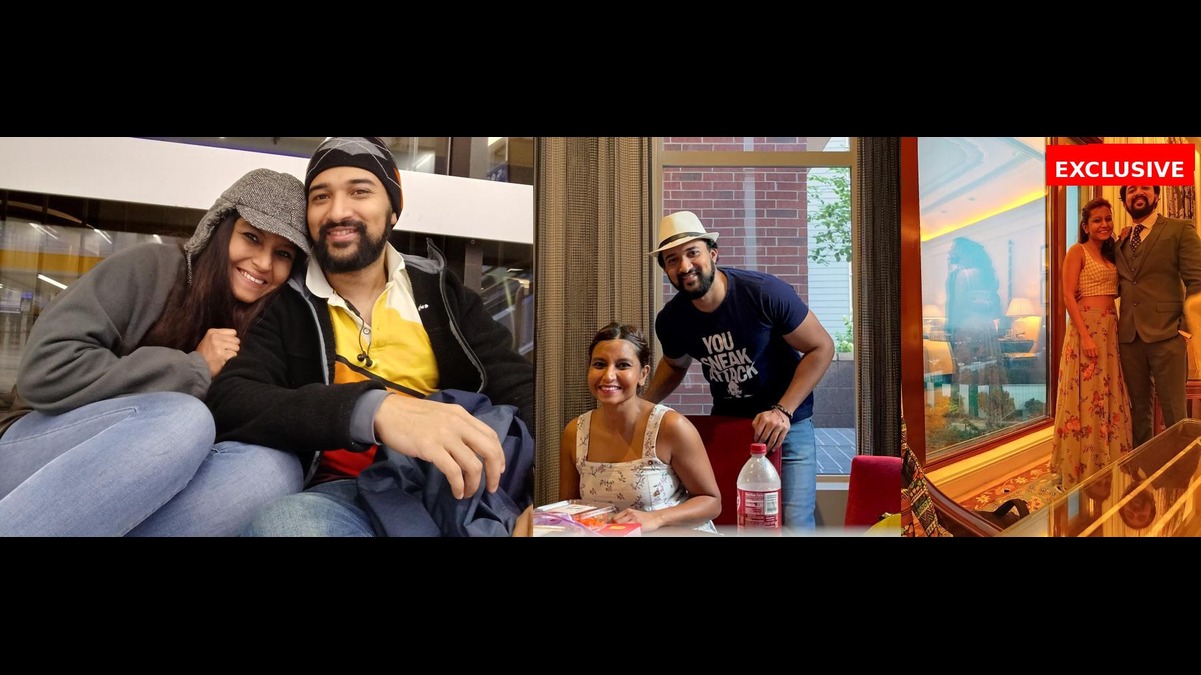)
)
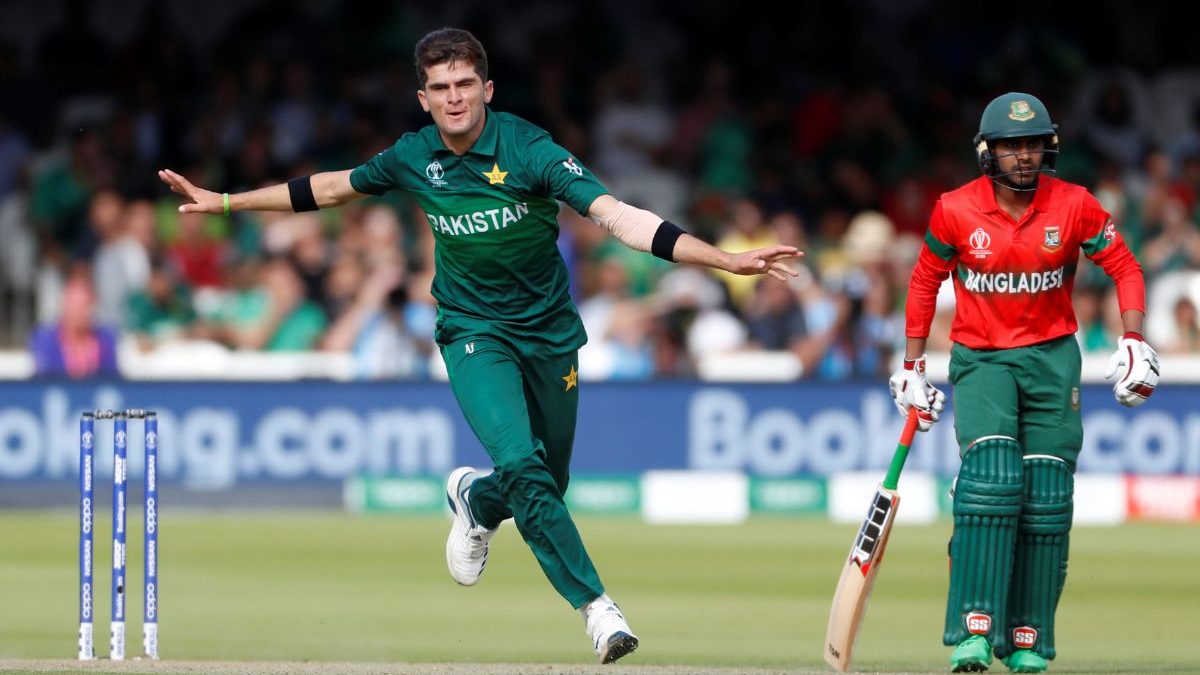)
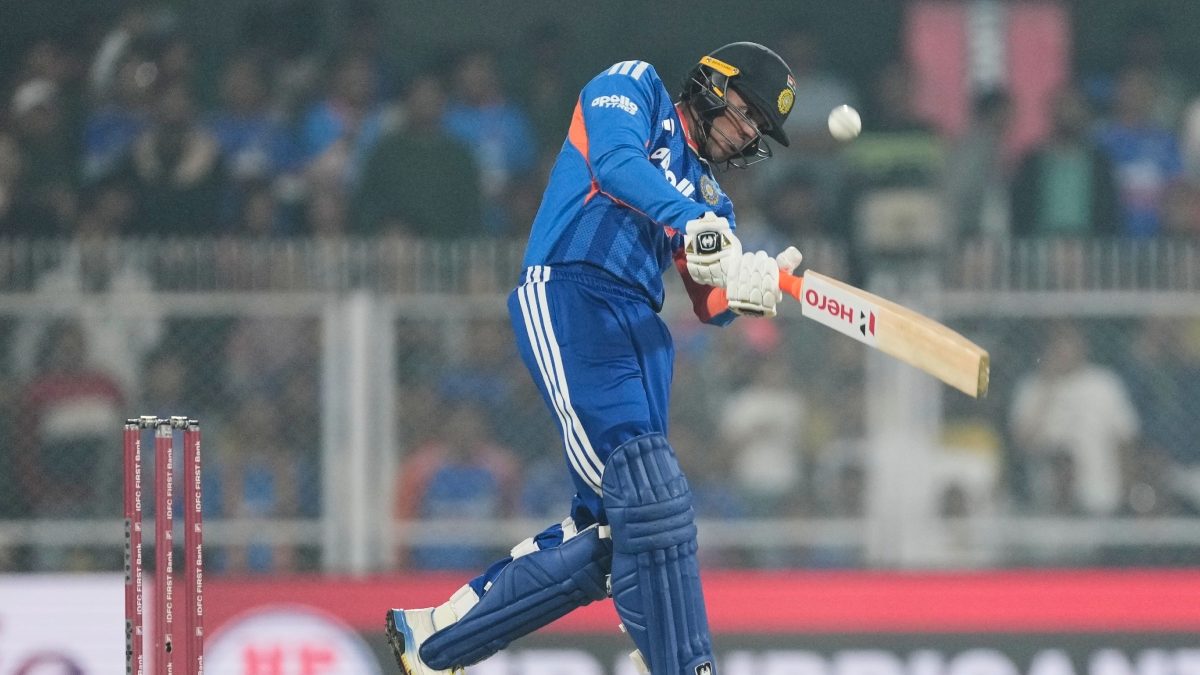)
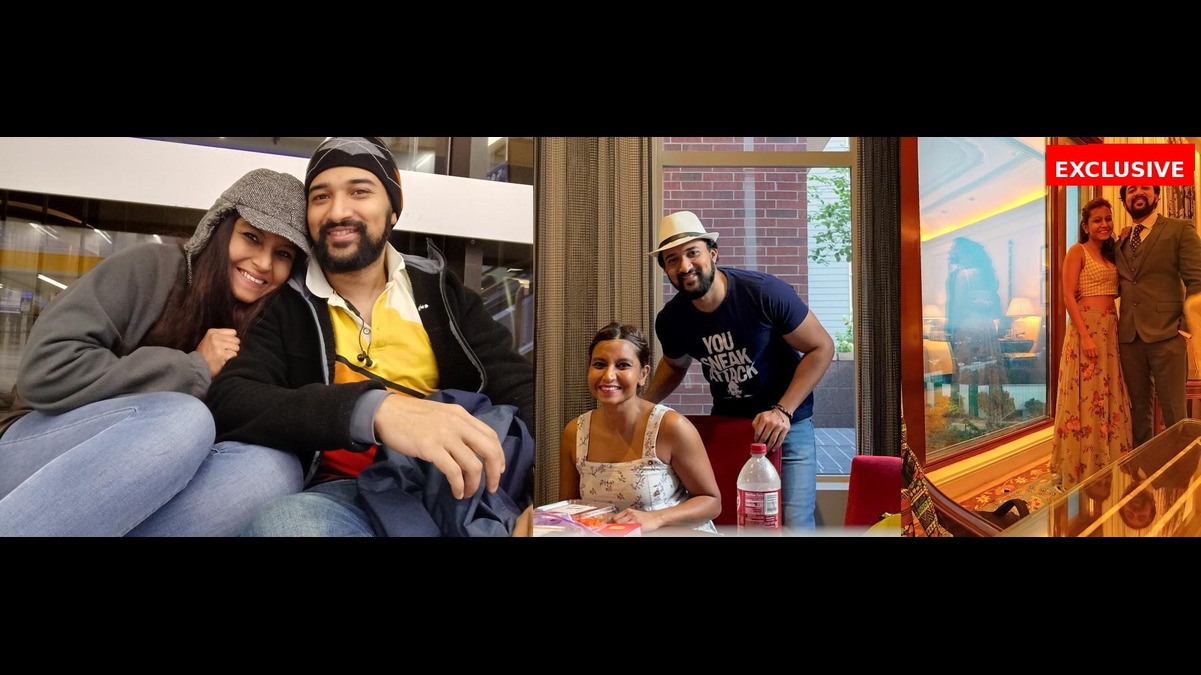)
)
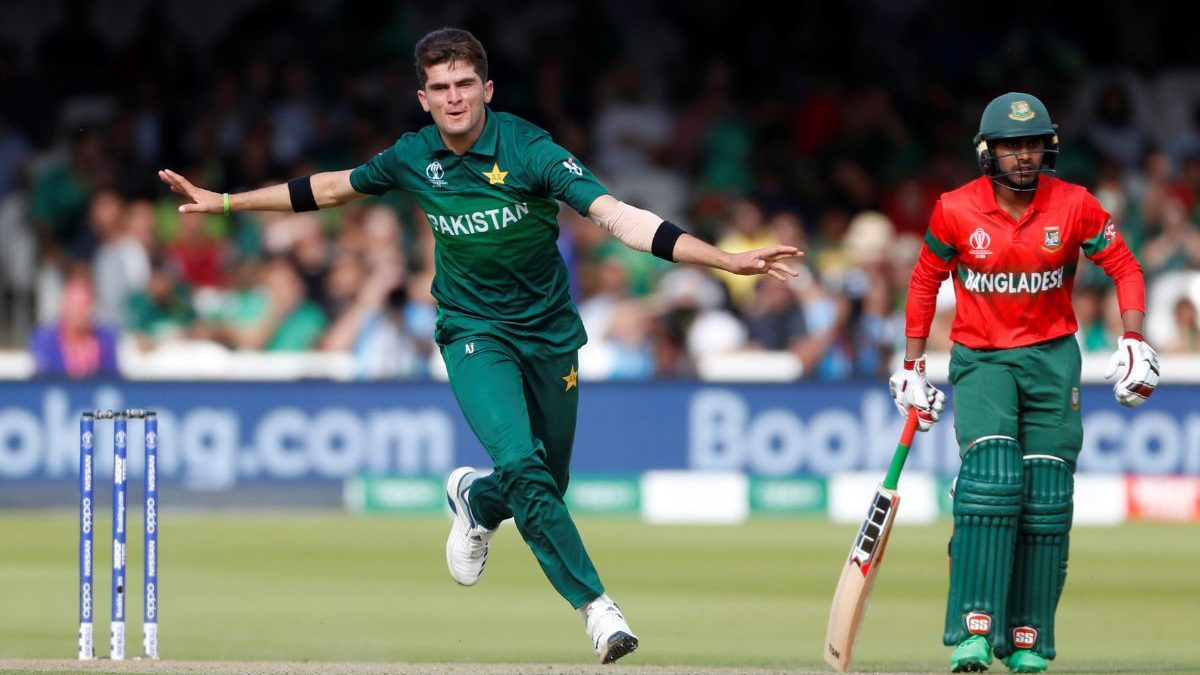)
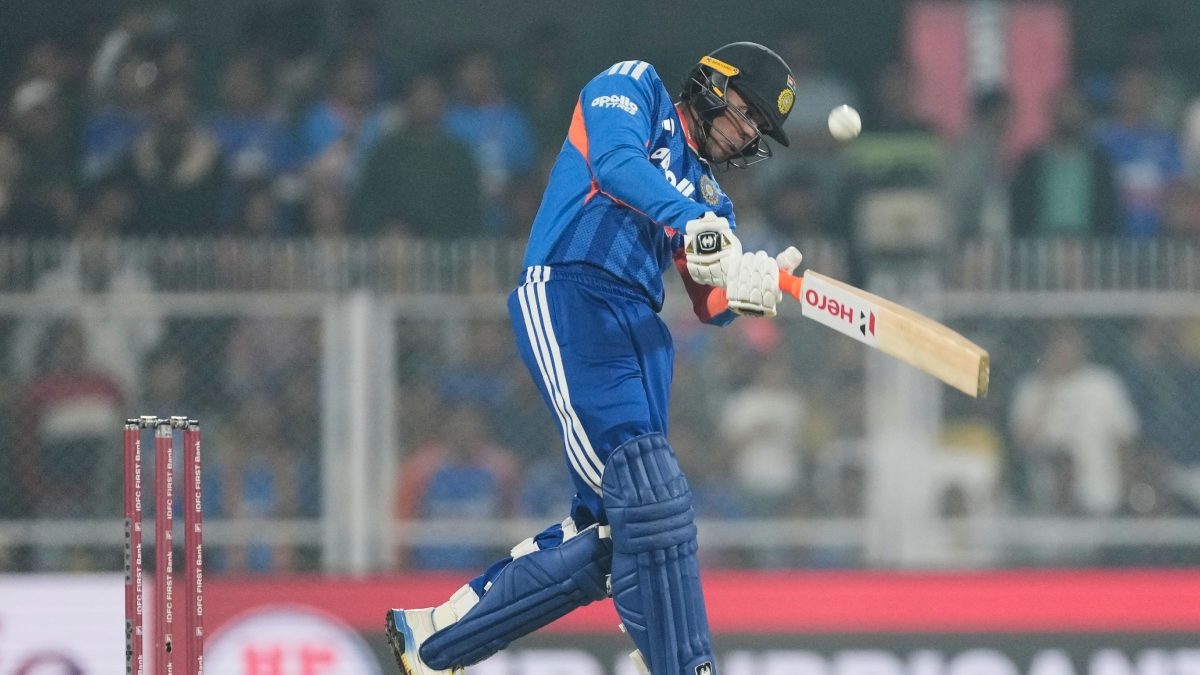)



